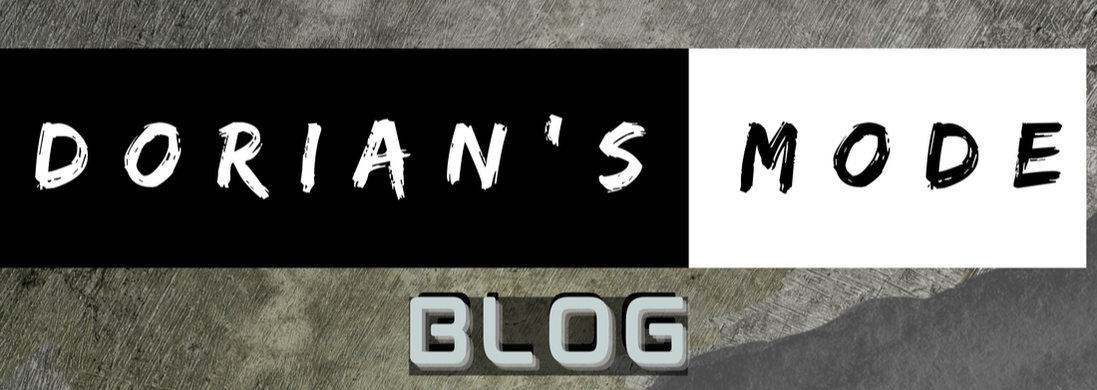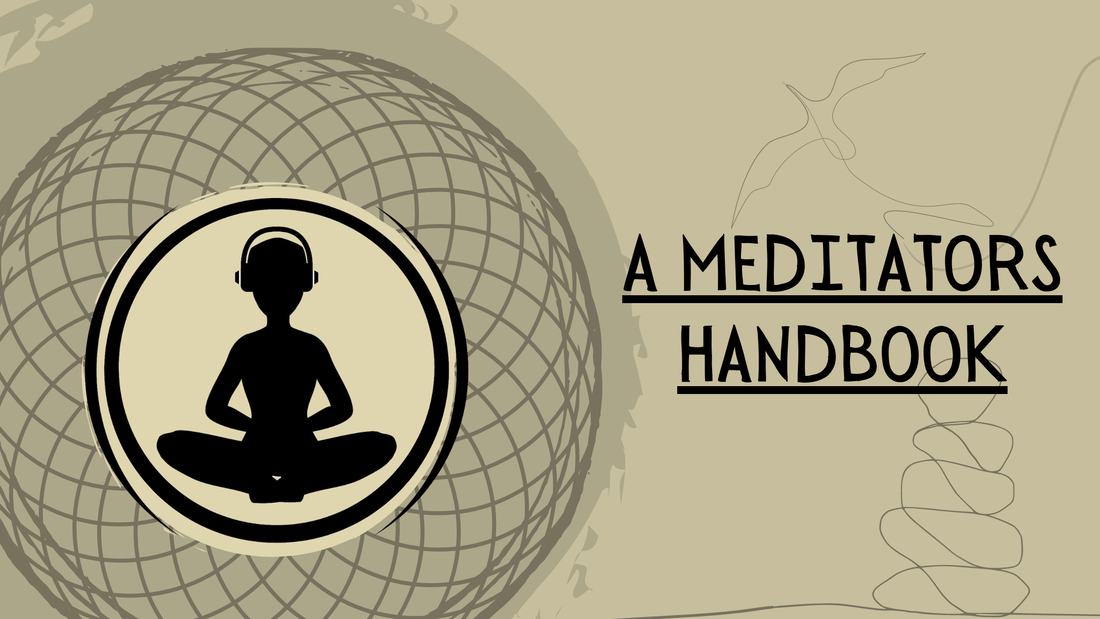|
|

In case you have stumbled onto this page from Google or some other weird reason, I do not use this platform for my blog anymore. Please stay updated at the new blog location at doriansmode.substack.com/.
I post when I post.
DISCLAIMER:
I am not a professional writer, musicologist, journalist, etc., nor do I possess any other academic title that would make me an authority on any topic. There will be typos and grammatical mistakes. However, sometimes I feel obligated to convey my thoughts regarding an issue, as I have many. This blog is where I attempt to figure things out and communicate my thoughts to the best of my ability. Thank you for reading! Archives
May 2023
Categories
All
|


 RSS Feed
RSS Feed
